How to Write a Biography with LivingWriter

Each and every person has a story to tell, but there will always be some who have lived lives worth to be heard by a greater audience. That is why biographies exist: to tell the stories of these exceptional people, that we may learn something out of it.

As a writer, it might pique your interest to write a biography about someone that might have been influential to you or may have had an impact on something you hold dearly. Whatever your reasons for wanting to write a biography will be, the tips and tricks you’ll need to finish writing one will be all the same.
What, Exactly, is a Biography?
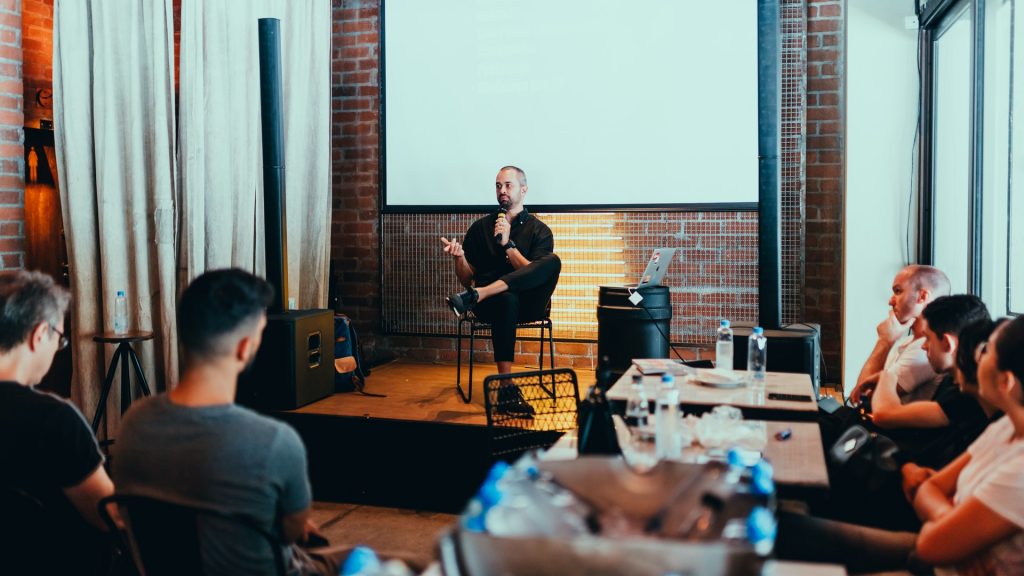
A biography is a nonfiction piece of literature which details the life of a person written by someone else. This differs from an autobiography, which is the recollection of a person’s life by that person themselves. An important detail of biography is that it tells the story of a real-life human; the entire manuscript, although more than an encyclopedic collection of facts about a person, should be based on verified sources and historical facts.
Write About Who?
The very first question you’ll ask yourself before writing a biography is who you will write about. You can write about virtually anyone, but without careful thought, your biography will not garner enough interest to be read by a lot of people.

It is important that your biography is interesting, both for you and the reader. Often enough you would want to write about someone who has achieved extraordinary feats. Influential people and notable personalities, alive or otherwise, are the most common subjects for a biography.
Aside from interest, there should also be a compelling reason for you to write about them. This is one driver of interest: what did the person do or achieve that they are interesting to write and read about? This is important to know because you might want to shape your entire narrative to this peculiar detail, such as your themes.

Lastly, and definitely not the least, you will want to consider the amount of content that you can gather about your subject. This can be a lesser consideration, since with enough research you can talk about anything, but this goes back to interest. Is the subject interesting enough that you can write about them, and readers would read about them, and you are willing to put hours into indefatigable research, no matter how obscure information about them may be?
This would be a good segue into the painstaking part of writing a biography: research.
Research, Research, Research

Research is by far the most taxing part of writing a biography. Since biographies are nonfiction, most, if not all, facts delivered should be true and verified.
You might think that this is just a piece of cake: just Google Search their name and go through each hit you can find in the search engine. However, well-written biographies are based on more than just what Google can find for you.
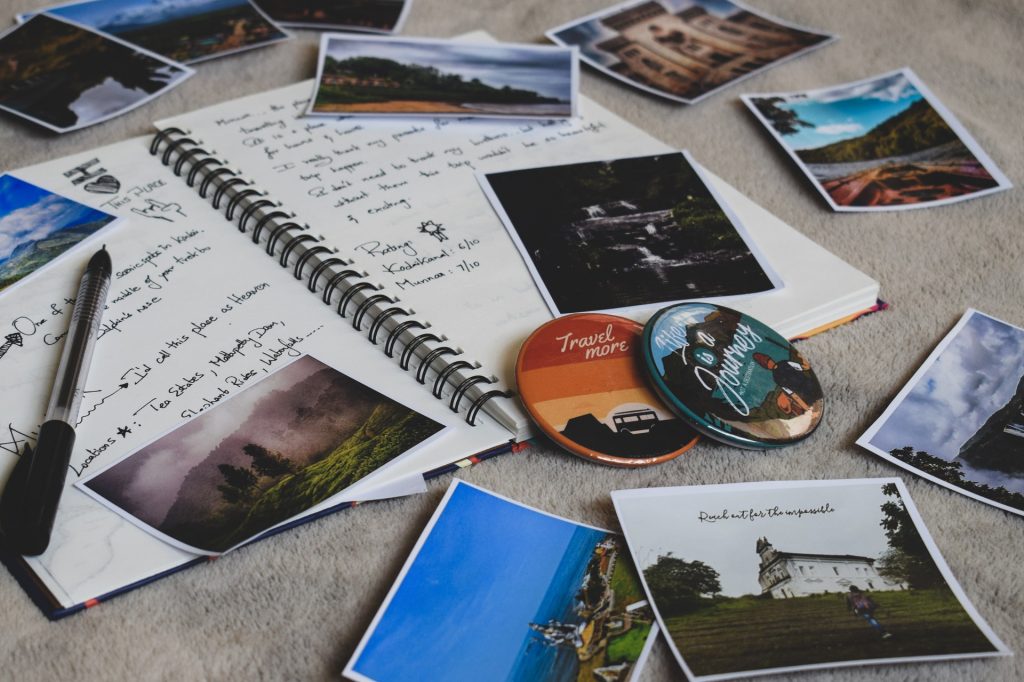
This is a good time to brush up on your research skills: in researching for a biography, you will be inclined to find primary sources first. These sources are reference material that are derived directly from the subject. Letters, journals, emails, and anything the subject has produced themselves all fall into the primary sources category. These are your best bets on getting the best representation of your subject.
Secondary sources, on the other hand, are often far more plentiful in most cases. These are materials whose content were directly derived from primary sources, or secondhand recollections about the subject. Because they don’t come directly from the subject, you will need to verify whether the information provided by the secondary source is factual and not just a conjecture of the author. Articles and books talking about your subject, and even your very biography once finished, are all considered to be secondary sources.

Given the names, you will want to have as many primary sources as you can. Having many primary sources makes sure that you are accurately representing your subject, and you can also use these primary sources to verify your secondary sources. Although having secondary sources is not necessarily bad (and more often than not you will have more secondary sources than primary ones), solely relying on them will make your biography unreliable, which is the last thing you want.
With the amount of research you’ll have to do for your biography, you can easily get lost in the sea of notes and files you have piled up. However, fret not as LivingWriter’s Research Board can take all your notes in all forms. You can take an obnoxious number of photos and documents and LivingWriter can handle it all, no sweat.
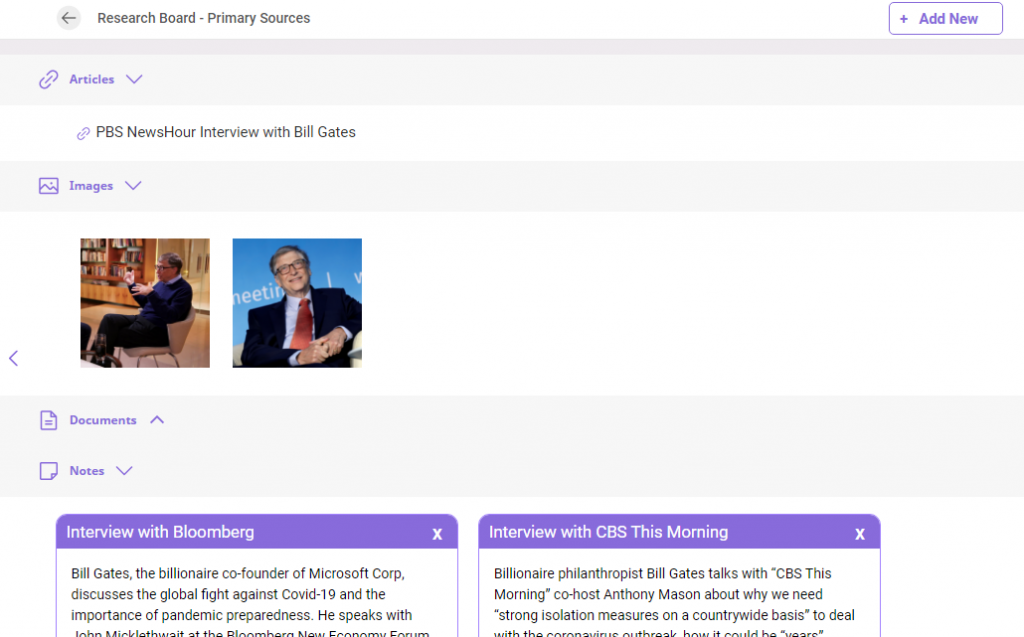
LivingWriter’s Research Board is capable of storing images, document files, article links, and of course the good old notes, and you can even categorize them whether they’re a primary source, a secondary source, or a source yet to be verified. And we’re not even at the best part yet: you can have access to all of your research anywhere you are in the world.
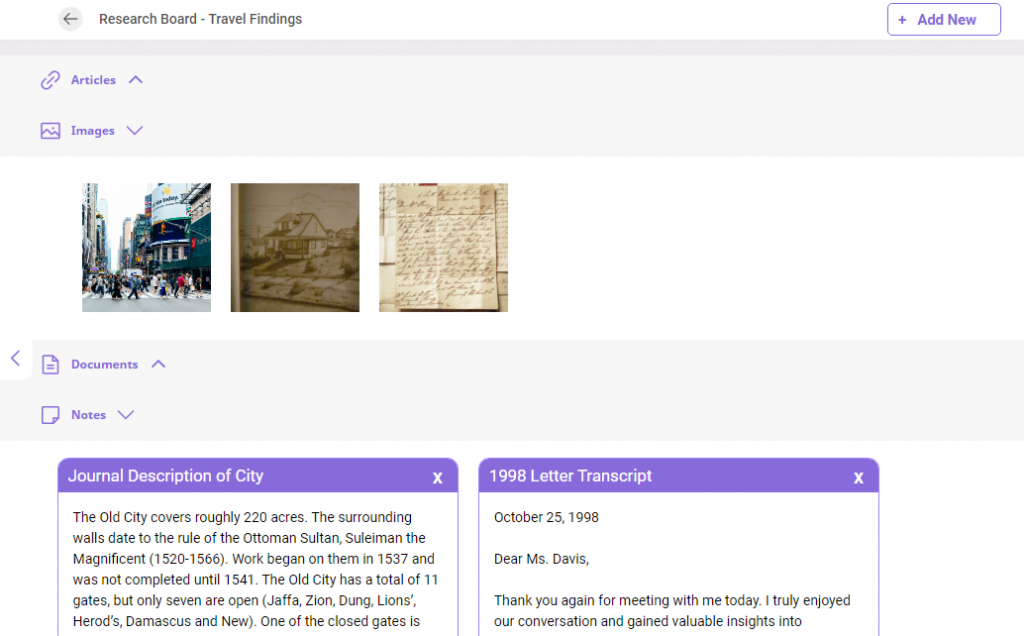
Feel free to travel across cities and ruins and collect as much information as you can, then consolidate all your research at night inside the Research Board. You’ll then have all of your hard-earned notes right at LivingWriter when you sit down and start your manuscript.
Now, To Write a Biography…
After the pains of researching, you can finally proceed to writing the actual biography. Now, there will be considerations on how you can write a biography. The first thing you would want to think about is what you’ll focus on for your manuscript.
You cannot hope to write every minute detail of a person’s life, no matter how long you plan your biography to be. Not only is this tiresome, but this can easily get boring and will end up reading flat and uninteresting.
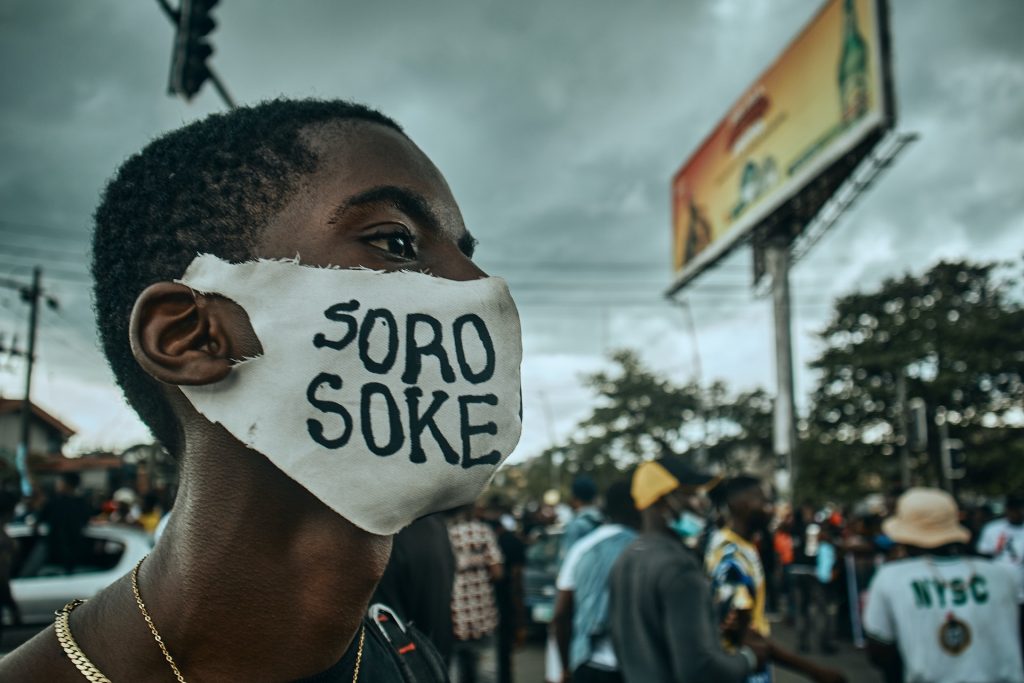
Instead, choose your themes. Likely, you will have an idea of what you want to talk about the most while doing your research. An important thing to note is that you don’t have to force and shoehorn themes into your biography. A person’s life, if interesting enough to be written and read about, will have themes naturally emerge from them. It will be up to you, the writer, to pick up these themes and whip up a representation of the subject.
With the flow of your manuscript ready in your mind, you can now proceed to write a biography. The safest way to do this is to arrange events in a chronological order: rarely does this method fail, and it can also help in your narrative to follow the very steps the subject took.
You can start with the hard facts like birth details and family descriptions, as well as the physical appearance and the values system of the subject. However, you should avoid being too encyclopedic and exhaustive; the art of writing a biography lies in telling a story, different from simply narrating a sequence of events.
Don’t bend facts to suit your own narrative, but rather progress the story highlighting important events that are critical to the development of your character and the themes that you want to show in your piece. At this point, writing a biography can be very much akin to writing like a gardener: instead of developing a story, you find it and tell the story that you end up finding.

Of course, a biography is not entirely retelling a person’s life. As the writer, you should inject pieces of yourself into your writing, such as your own observations and insights as you go through the story of your subject’s life. Although these parts should not be as rife, including them in your manuscript can help contextualize the significance of this person and show the readers why their story is worthy to be read.
The Intimate Experience of a Biography
Writing a biography can be a bit of an intimate experience; after all, you are telling the story of a real person, and sharing it to many people. Aside from the burden of remaining truthful and reliable, you also need to make sure that the message you are trying to deliver shines through the experiences of this person. Despite all that, the ride can be humbling to you and the reader.
If you are interested in writing a biography about someone, you might also want to check out LivingWriter and stay on top of all the research that you will have to do!